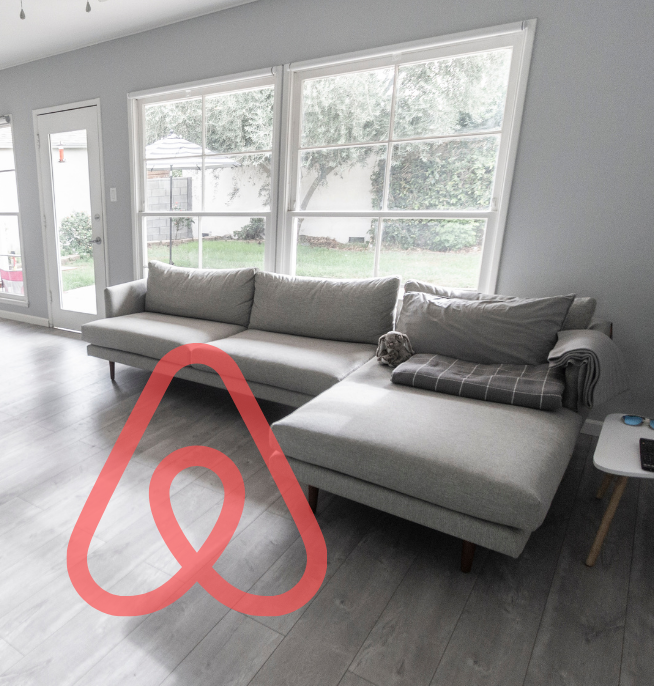Systems for Scaling Your Business
I have a client (who I will keep confidential) and I only want to share their scenario with you because it’s real and raw. And sometimes all too familiar. This is a multi-million-pound business, the team is still fairly small. A few people had become one man islands holding all the knowledge on processes, products and a myriad of other tasks and activities pivotal to marketing. As we’re coming out of covid, several of those key players resigned at the same time. I do not need to paint a picture of the chaos and levels of stress that ensued.
To now switch from day to day operations to recruitment mode and at the same time trying to figure out where to even begin with handover never mind how to train the next person in these roles. With little and next to no clue where everything is and how everything is done. At the same time, the business owner had a much-needed vacation booked. What happens now?
I’m bringing this up because I want you to look around at your business. Let’s say one key person in your team wins the lotto tonight, they call in tomorrow with their news and they’re not coming back in. What would happen to your business? What would happen to your clients?
You need a business blueprint to scale
You need a bold business blueprint and you should build processes and systems that seamlessly streamline your daily operations. If someone quits or wins the lotto it shouldn’t have any impact on business continuity whatsoever. But also, if you go away from your business or take a vacation you want things to run without you. Heck, maybe even improve without you!
It all starts with Standard Operating Procedures, SOPs. SOPs feel very militant so I call mine my ‘Run Book’ but you can call it whatever you want.
The point is, imagine if a new team member starts and you can say "here’s a Google doc for how x works, here’s a video for how to find y, here’s a procedure for doing z".
You can set your team up for success so they have everything they need to perform efficiently and you can save so much time by not explaining things over and over again.
It’s not only about hiring. With an ever-increasing virtual workforce, there’s got to be a do-it-yourself instruction that’s easy to find. Maybe a little better than the ones you get with your IKEA furniture, just saying.
There can be SOPs and systems for anything. How to add a blog to the website, your brand guidelines, your digital filing system, how to handle client enquiries to onboarding clients. It is so important to create SOPs for the critical tasks in your business, it won’t just save you time but it’ll make you money too.
You can’t scale your business without systems.
Your SOPs or your run book needs to provide a follow-along guide with step by step instructions. The collection of your SOPs is kind of like a manual for your business. Here are a few things to think about.
SOPs should make any complex process simple by outlining everything. They should include how long it takes to perform a process (I know that it takes me 14 minutes to onboard a new client and my Dad’s ophthalmic surgeon knows it takes him 20 minutes to remove a cataract - I know).
SOPs should be detailed enough that anyone with a reasonable level of understanding can carry out or perform the task with little margin for error. Through cheat sheets and guides any company processes should be systematised.
SOPs are great training documents and tools for creating more consistency in the business. Plus checklists help with quality!
You can’t scale your business without systems and SOPs (did I say that already?).
Growth and Scaling Are Not The Same
I hear a lot of “business coaches” out there talking about growth and scaling and using those words interchangeably which really gets my goat. Growth and scaling are not one and the same thing. I can get rather heated about this, so let me explain.
Business growth
There are only three ways to grow any business. To get more clients, to charge more and to charge more frequently.
Scaling your business
To me scaling technically means growing your revenue exponentially and at the same time keeping your operating costs the same or only increasing a tiny bit. In other words, making loads more revenue without working harder.
Scaling requires infrastructure to move your business to operate at a higher level of revenue. To frame it another way, you can grow your business by bringing in 10 new clients. But if you brought in 50 or even 100 new clients, can your business scale its operations to that level without a huge increase in operating costs?
You need to have your systems and processes together before you can scale. And having a mindset to scale means you need to think on a different level, you need to systematise your thinking and your business. This way of thinking and this mindset means that you’re tuned in to spot opportunities in your business to make improvements. That’s not easy to do when you’re stuck in the weeds of overwhelm and the day to day of business is all-consuming.
There are so many ways you can scale your business and it really depends on your type of business. In my business, for example, I only have the capacity for so many one-to-one clients because there are only so many hours in the day and I am not scaleable. However, I want to be able to serve more business owners so my Clients Like Clockwork® program which is a blend of online and group coaching, is completely scalable. I can serve 10 clients a month or 25 clients a month with the same level of service and not a huge difference in direct costs.
You need to have your systems and processes in place before you can scale. So here are a few takeaways to think about to judge whether you’re really ready to scale.
Creating systems to scale requires these key elements
You need to have (or make) the time to work ON your business. How to track progress and KPIs must be in place and you must business models so you know exactly how many new clients you need to achieve your profit goals, what your breakeven rates are. You need to really get to grips with your numbers!
Systems and processes don’t magic themselves up overnight. It’s important to put the mechanisms in place for creating the systems. Systematising your business. Every time something is done more than once, create a system or a process for that task. Eventually, everything is systematised in a way that you can really start to leverage. You can systematise everything, even lead generation so you can have a conveyor belt of new leads. There can be systems for everything.
Continuous incremental improvements and how you enable and empower your teams to be proactive and becoming a unified solution-driven team of unstoppable problem solvers.
When you have all these cornerstones in place, then you’re ready to scale. You’re ready to figure out how you can productise your services or how you can serve more clients without working more hours, avoid more stress and show overwhelm the checkered flag.
When you build a house, a nail gun is a great tool for the right job. Sometimes having someone who can tell you which tool to use and when can help you go further faster. So if scaling is something you’re interested in, let’s have a chat to see if you’re really ready to scale and how I can support you with. DM on social media or email me hello@workwithsian.co.uk with ‘systems’.


